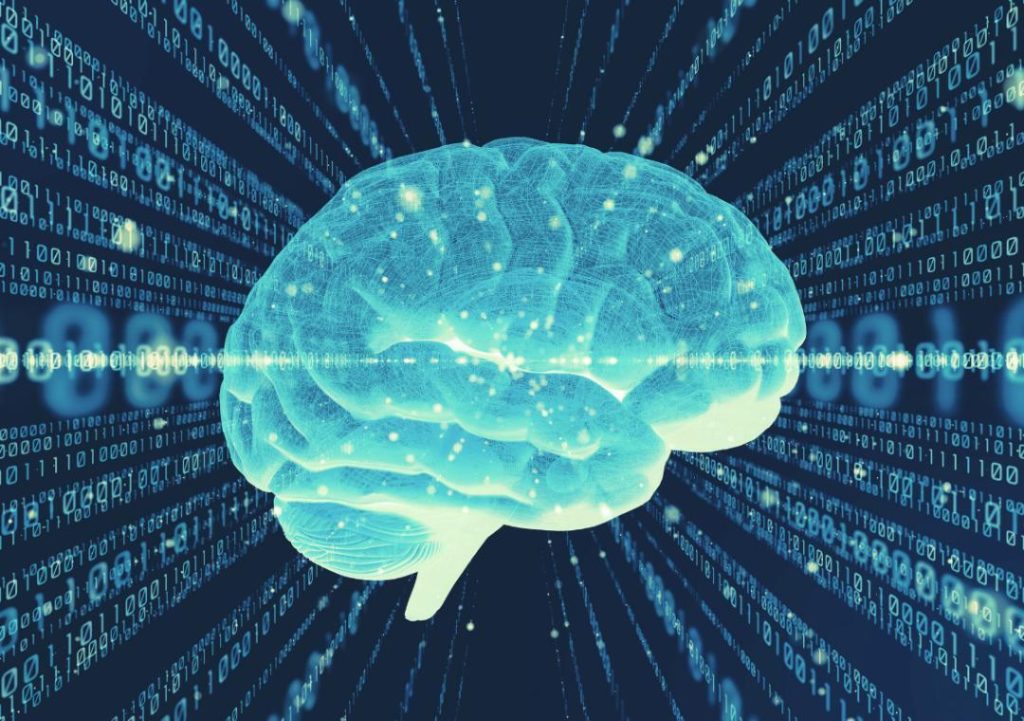
Memory becomes mission critical for smarter AI agents
The era of forgetful bots is over. Today’s AI agents are equipped with memory modules that store past interactions, learn from them, and apply context to future tasks. This shift towards more intelligent and reliable agent behavior has been made possible by advances in memory technologies, including vector embeddings and long-term recall systems.
In the past, AI agents were often limited by their inability to retain information or learn from past experiences. This made them prone to repetition, lack of adaptability, and limited problem-solving capabilities. However, as AI technology has evolved, so too has our understanding of the importance of memory in intelligent systems.
The role of memory in AI
Memory plays a crucial role in AI systems, as it enables them to learn, adapt, and make decisions based on past experiences. In simple terms, memory allows AI agents to recognize patterns, understand context, and make informed decisions.
There are several types of memory that are essential for smart AI agents, including:
- Short-term memory: This type of memory is responsible for storing information temporarily while it is being processed or used. In AI systems, short-term memory is used to store data temporarily before it is written to long-term memory.
- Long-term memory: This type of memory is responsible for storing information for extended periods of time. In AI systems, long-term memory is used to store knowledge, experiences, and skills that can be retrieved and used later.
- Working memory: This type of memory is responsible for temporarily holding and manipulating information while it is being processed. In AI systems, working memory is used to temporarily store data while it is being analyzed or processed.
Vector embeddings and long-term recall systems
Vector embeddings and long-term recall systems are two memory technologies that have revolutionized the field of AI. These technologies enable AI agents to store and retrieve information more efficiently, and to learn from past experiences.
- Vector embeddings: Vector embeddings are a type of memory technology that involves representing information as a set of numerical vectors. These vectors can be used to store and retrieve information more efficiently, and to learn from past experiences.
- Long-term recall systems: Long-term recall systems are a type of memory technology that involves storing information in a hierarchical structure. This structure allows AI agents to retrieve information more efficiently, and to learn from past experiences.
Applications of memory in AI
The integration of memory technologies in AI systems has numerous applications across various industries. Some of the most notable applications include:
- Customer service chatbots: Memory-enabled chatbots can store and retrieve customer interactions, allowing them to provide more personalized and accurate responses.
- Recommendation systems: Memory-enabled recommendation systems can store and retrieve user preferences, allowing them to provide more personalized and relevant recommendations.
- Autonomous vehicles: Memory-enabled autonomous vehicles can store and retrieve information about their environment, allowing them to make more informed decisions and avoid accidents.
- Healthcare diagnosis: Memory-enabled AI systems can store and retrieve patient medical records, allowing them to make more accurate diagnoses and provide more effective treatments.
Conclusion
Memory has become mission critical for smarter AI agents. By integrating memory technologies such as vector embeddings and long-term recall systems, AI agents can learn from past experiences, adapt to new situations, and make more informed decisions. As AI technology continues to evolve, we can expect to see even more innovative applications of memory in various industries.
Source:






